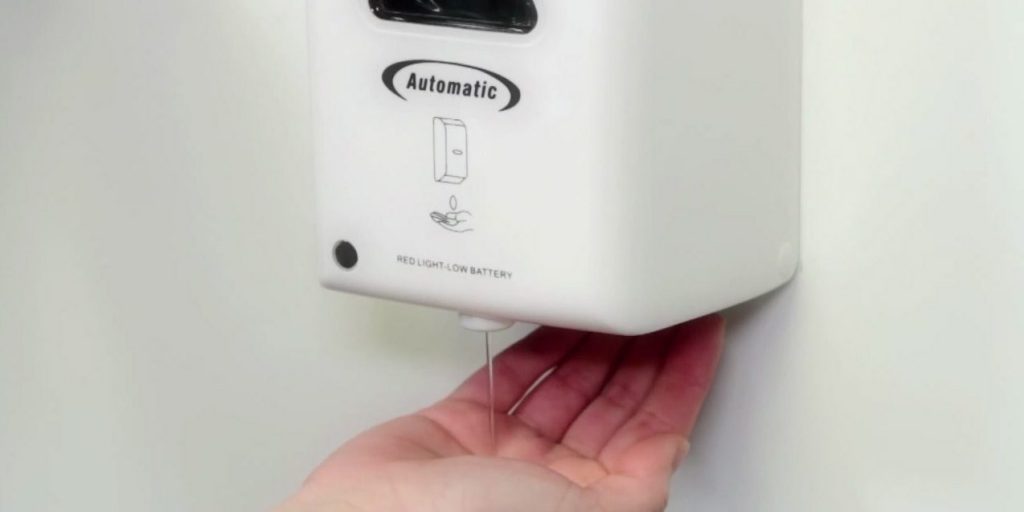News & Views
How to Tell the Difference between cold & flu
You can get a cold anytime — spring, summer, or fall, but most likely in winter. Flu season typically runs from November through March, although you can get it in October or as late as May. You can catch the flu at other times of the year. Do you know the difference of cold and…
Read MoreStop! Washing your Thanksgiving turkey could spread germs
Go ahead and rinse your cranberries, potatoes and green beans. But food experts say don’t—repeat don’t—wash the turkey before popping it in the oven on Thanksgiving Day. They say that could spread the germs lurking on your turkey in the kitchen sink or nearby food. But it’s been a challenge trying to convince cooks to…
Read MoreRecommendations for a Safe Thanksgiving
Thanksgiving is a time to reflect on the things we are most thankful for and to enjoy a delicious meal with loved ones. Some take the lead for meal preparation while others share the responsibility. No matter how your meal comes together, everyone must work together to prevent foodborne illness. “With large meals come food…
Read MorePrevention tips of norovirus
Practice proper hand hygiene Wash your hands thoroughly with soap and water especially after using the toilet or changing diapers always before eating, preparing, or handling food, and before giving yourself or someone else medicine. Norovirus can be found in your vomit or poop even before you start feeling sick. The virus can stay in…
Read MoreThe truth of hand washing
Myth 1: Wash with hot water is better than cold water. Most of us think hot water helps kill germs and bacteria on our hands. But the reality is, the water would have to be scalding hot to make that happen. In fact, hot water may work against us. Water that is too hot may…
Read MoreHow to prevent pathogenic bacteria through hygiene?
Preventing pathogenic bacteria in the food industry is synonymous with greater food safety and, therefore, greater consumer welfare. The cleaning and disinfection plan in the food industry, in addition to having hygiene as its main objective, aims to guarantee food safety. In Papelmatic we can help you improve your cleaning and disinfection prerequisite plan. Here…
Read MoreHygiene in the presence of pets: How should it be?
The hygiene in the presence of pets serves to guarantee our own well-being and also that of our furry ones. Those who live with pets will know well the efforts that must be made on many occasions to keep the spaces clean. Many complain about the excess hair that their pets give off and that…
Read MoreHygiene guide in physiotherapy centers
Hygiene in physiotherapy centers not only helps ensure the well-being of the patient and workers, but also helps prevent nosocomial infections. The physiotherapy or rehabilitation centers receive dozens of patients at the end of the day and, some of them, have a somewhat delicate state of health. That is why, although these centers are not…
Read MoreHow should surgical hand washing be?
Surgical handwashing requires a series of well-defined steps to prevent any type of cross contamination in hospitals. Surgical handwashing aims to eliminate as many pathogens present in hands and arms as possible before entering the operating room to avoid cross contamination. Surgical handwashing, unlike conventional handwashing, is done with soapy compositions that contain iodinated povidone…
Read MoreStandard precautions of infection control
All people potentially harbour infectious microorganisms. As such, it must be assumed that all blood and body fluids/substances are potentially infectious. Standard precautions are the work practices required to achieve a basic level of infection prevention and control. The use of standard precautions aims to minimise, and where possible, eliminate the risk of transmission of…
Read More








